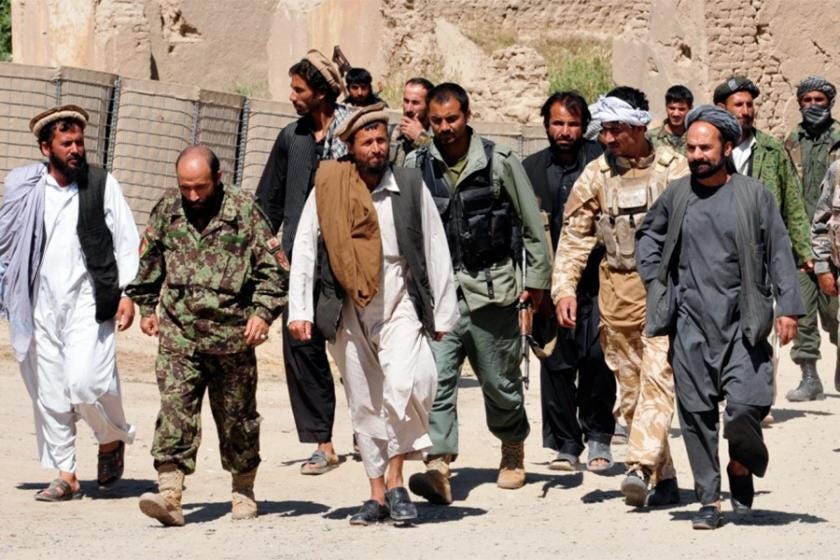What might cause the Afghan talks to fail?
Contrary to widespread reports, it won’t be sabotage from Tehran

By: Salman Rafi Sheikh
With contentious peace talks between the US and the Taliban continuing and rifts growing in the US-backed National Unity Government, a new wild card has popped up in the growing perception Iran might try to sabotage the peace process and hurt US interests. Some reports even have declared Afghanistan a next ‘battleground’ between I…
Keep reading with a 7-day free trial
Subscribe to Asia Sentinel to keep reading this post and get 7 days of free access to the full post archives.
